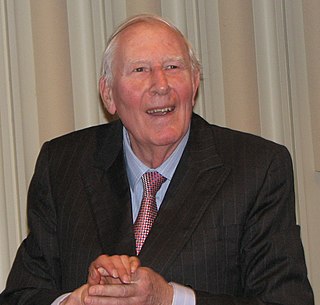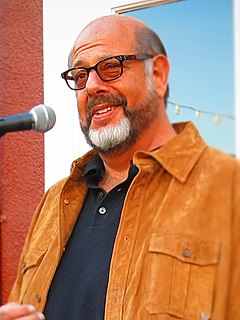A Quote by Yves Klein
The immaterial told me that I was indeed an occidental, a right-thinking Christian who believes in the 'Resurrection of the flesh'. A whole phenomenology then appeared, but a phenomenology without ideas, or rather without any of the systems of official conventions. What appeared was distinct from form and became Immediacy. 'The mark of the immediate' - that was what I needed.
Related Quotes
I believe we should really take our own phenomenology more seriously. What a good theory of conscious must explain is the variance in this subjective sense of realness: There clearly is a phenomenology of "hyperrealness", for example during religious experiences or under the influence of certain psychoactive substances.
In this country, intellectual cowardice is the worst enemy a writer or journalist has to face ... Unpopular ideas can be silenced, and incovenient facts kept dark, without the need for any official ban ... At any given moment there is an orthodoxy, a body of iedas which it is assumed that all right-thinking people will accept without question.
There is no possibility whatsoever of reconciling science and theology, at least in Christendom. Either Jesus arose from the dead or He didn't. If he did, then Christianity becomes plausible; if He did not, then it is sheer nonsense. I defy any genuine scientists to say that he believes in the Resurrection, or indeed in any other cardinal dogma of the Christian system.
Here we are at the very core of the thesis we wish to defend in the present essay: reverie is under the sign of the anima. When the reverie is truly profound, the being who comes to dream within us is our anima. For a philosopher who takes his inspiration from phenomenology, a reverie on reverie is very exactly a phenomenology of the anima, and it is by coordinating reveries on reverie that he hopes to constitute a "Poetics of reverie". In other words, the poetics of reverie is a poetics of the anima.
"Both Christianity and Islam are logocentric," he told his students, "meaning they are focused on the Word. In Christian tradition, the Word became flesh in the book of John: 'And the Word was made flesh, and He dwelt among us. 'Therefore, it was acceptable to depict the Word as having a human form. In Islamic tradition, however, the Word did not become flesh, and therefore the Word needs to remain in the form of a word … in most cases, calligraphic renderings of the names of the holy figures of Islam."
I thought everyone would be familiar with this figure: if I'd studied a thing in school I assumed it was general knowledge. I hadn't yet discovered that I lived in a sort of transparent balloon, drifting over the world without making much contact with it, and that the people I knew appeared to me at a different angle from the one at which they appeared to themselves; and that the reverse was also true. I was smaller to others, up there in my balloon, than I was to myself. I was also blurrier.
LSD was my "wonder child", we had a positive reaction from everywhere in the world. Around two thousand publications about it appeared in scientific journals and everything was fine. Then, at the beginning of the 1960s, here in the United States, LSD became a drug of abuse. In a short time, this wave of popular use swept the country and it became "drug number one". It was then used without caution and people were not prepared and informed about its deep effects. Instead of a "wonder child", LSD suddenly became my "problem child".
The semiology and phenomenology of hashtaggery intrigues me. From what I understand, it all began very simply: on Twitter, hashtags - those little checkerboard marks that look like this # - were used to mark phrases or names, in order to make it easier to search for them among the zillions and zillions of tweets.







































